On 5th December, the PANGYAO team were invited to attend a screening of ‘Stranger in Paradise’ as part of the International Organization of Migrants (IOM) Global Migration Film Festival. The festival is a truly global affair, taking place in over 100 countries and showing more than 30 films focused on global migration, both the positive impact and the challenges it presents. It’s stated goal is increase awareness and understanding and encourage meaningful discussion around the topic.
Welcoming Remarks:
Tara Dermott, Head of Sub-Office, IOM Hong Kong SAR, China
Giuseppe Crocetti, Chief of Mission, IOM China and Mongolia
Charles Whiteley, First Counsellor, Head of Political, Press and Information Section, European Union Office of Hong Kong and Macau
The event was hosted by IOM in partnership with European Union Office to Hong Kong and Macao and the Consulate General of Switzerland in Hong Kong, and the evening kicked off with drinks and a short introduction from Tara Dermott, Giuseppe Crocetti and Charles Whiteley. From the outset, they presented some staggering figures; there are currently around 1 billion migrants** on earth, of which around three quarters are internal (in-country) migrants, and one quarter are international migrants. It is estimated that 68 million of these have been forcibly displaced.
Following the introductions, were ushered in to the screening room for the panel discussion.
Panellists:
Jeffery Andrews, Social Service Worker, Christian Action
Saskia Witteborn, Associate Professor, School of Journalism and Communication, the Chinese University of Hong Kong
Chris Lau, Journalist at South China Morning Post
All from very different backgrounds, the panellists provided some fascinating insights into the perception of migrants, both in Hong Kong and around the world. Jeffrey Andrews – from Indian heritage but born and raised in HK – talked about some of the challenges that South Asians and other ‘ethnic minorities’ have faced in HK during his lifetime, such as accessibility to jobs and education due to language barriers and cultural prejudices and misperceptions. In fact, as point out by Saskia, ‘ethnic minorities’ is actually something of a redundant term, particularly given some classed under that bracket are in fact 2nd or 3rd generation Hong Kongers themselves.
However, he actually concluded with a very uplifting story related to the recent protests, where water was handed out to protestors outside Chungking Mansion in TST. The reaction to this was overwhelmingly positive and culminated in more than 1,000 people turning up at Chungking one day to express their gratitude and appreciation. As a result, Jeffrey and others have also recently started tours of Chungking, to further build trust and a deeper understanding of the migrant community in HK (which the PANGYAO team are planning to take part in the near future!).
Saskia Witteborn, originally from East Germany, has studied and written extensively about the (inevitably growing) relationship migration and digital technology. She referenced a particular example from 2015, where a photo was published in a newspaper showing refugees using smartphones, which lead to extensive debate about both the positive and negative impact of technological advancements in respect of global migration.
Chris Lau is a court journalist who has covered numerous migrant-related cases in HK, such as instances of abuse (both mental and physical) towards domestic workers. He discussed the uphill battle that victims often face in such cases, and strongly advocated the need for greater understanding and representation of the migrant community as a whole (who make up almost 8% of the population in HK). He noted that even now, media coverage tends to be limited to those high profile and generally negative stories. Both Aileen and I were particularly struck by this point, as it very much aligns with our own feeling that the migrant worker community is under-represented in HK, which is really our driving force behind the creation of PANGYAO.
I won’t go in to too much detail about the movie itself, as I’d strongly recommend others to see it for themselves. To give an overview however, ‘Stranger in Paradise’ features one actor from the Netherlands, who through the course of three separate ‘acts’, meets with three different groups of real refugees from around the world who have recently landed in Europe. In each act, the Dutch presenter takes on a different personality; one which is highly sceptical and largely dismissive of their cause, one who is sympathetic, and one who sticks strictly to EU rules for asylum applications. Suffice to say, ‘Stranger in Paradise’ is highly recommended viewing, adopting a unique approach to provide a balanced and highly informative overview of a delicate and divisive topic.
Overall, an enlightening and thought-provoking evening, and likewise a great opportunity to connect with many interesting people to be speaking to more through PANGYAO in the future. Many thanks to Tara and the IOM HK team for inviting us along!
**IOM describes migrants as ‘any person who is moving or has moved across an international border or within a State away from his/her habitual place of residence, regardless of (1) the person’s legal status; (2) whether the movement is voluntary or involuntary; (3) what the causes for the movement are; or (4) what the length of the stay is.


1f3d88094a4c8a7a2e7ad1ce3dc81447)
d6d7f876ef70aeaaf790f0c6d94f9d2d)







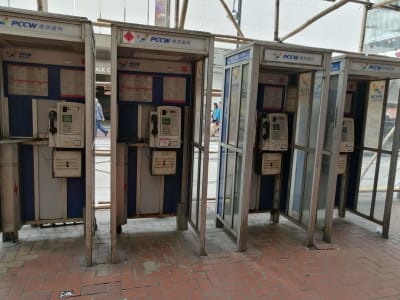






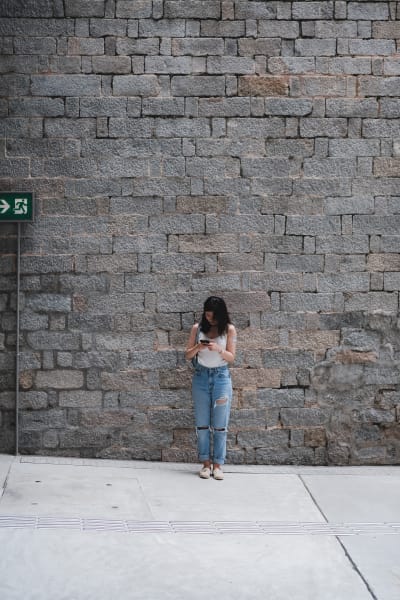



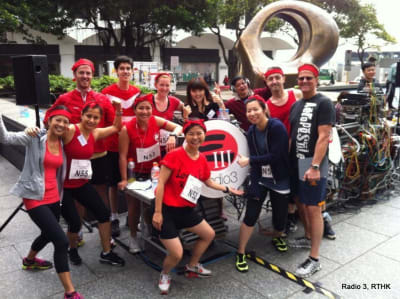
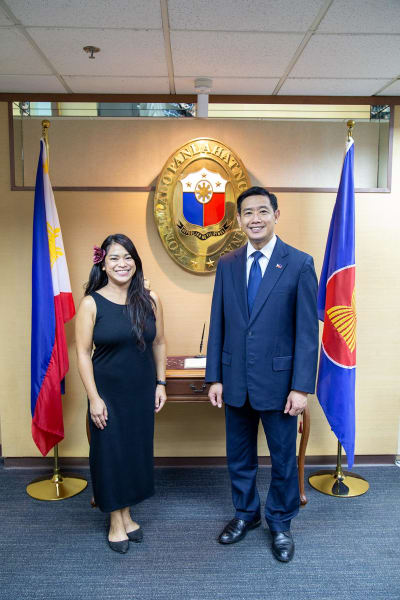




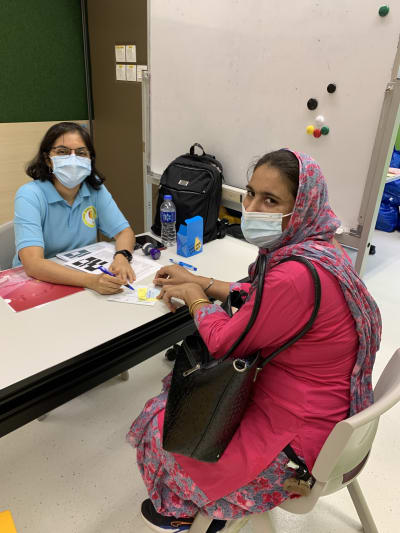

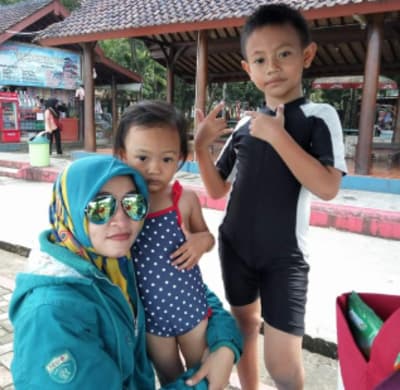
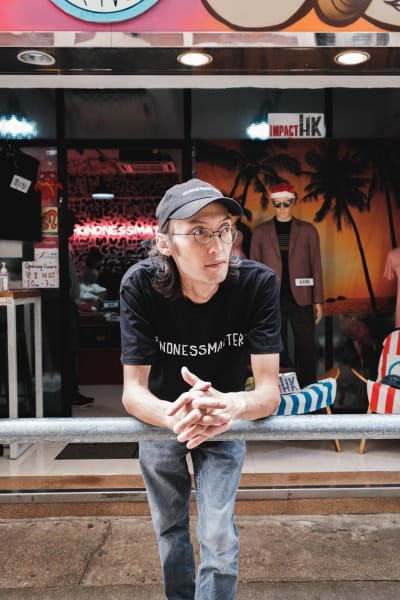

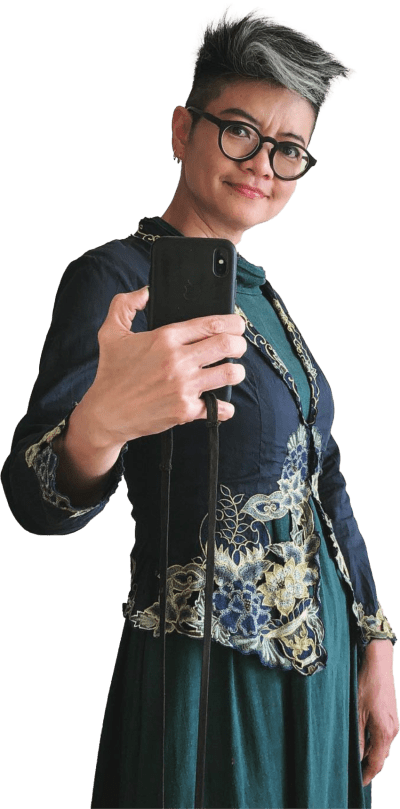
9dde49c3be6bac6166d59fb7abf39532)
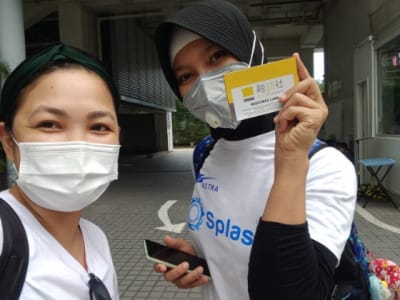


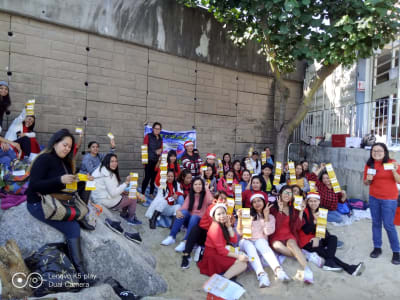
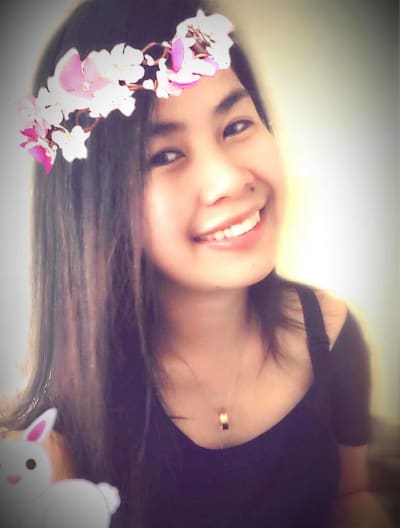


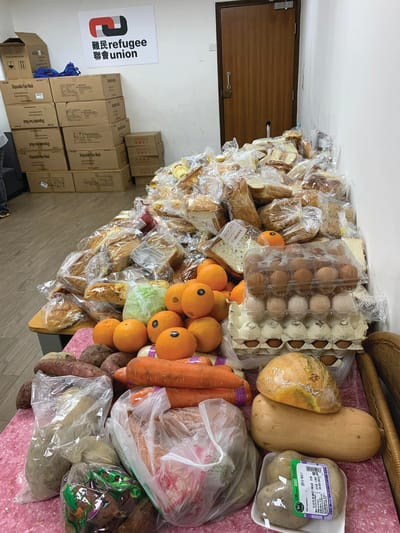

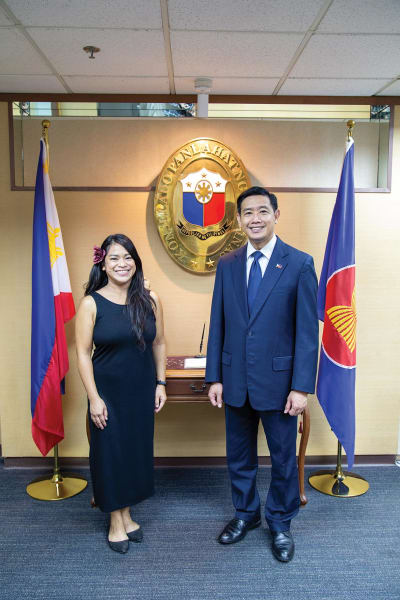
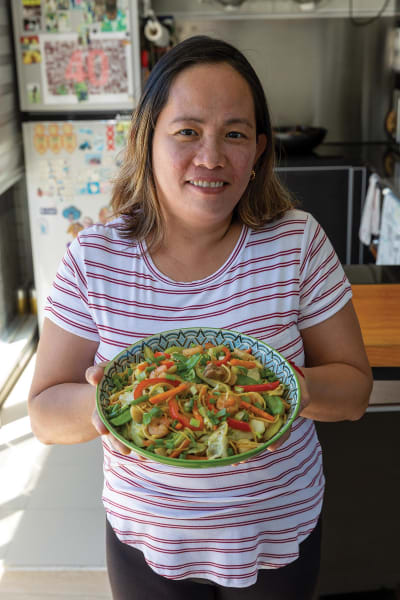



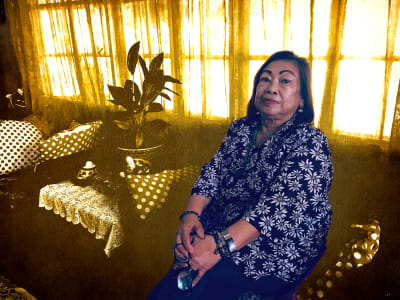

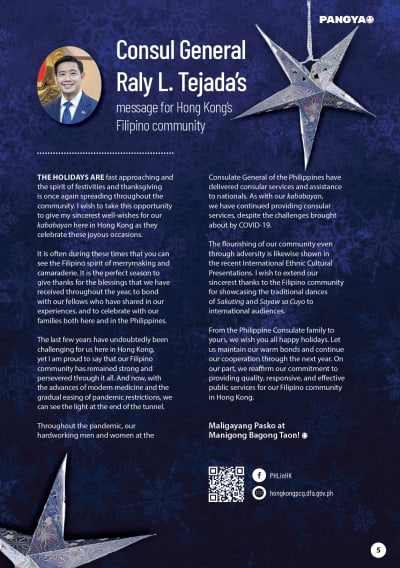


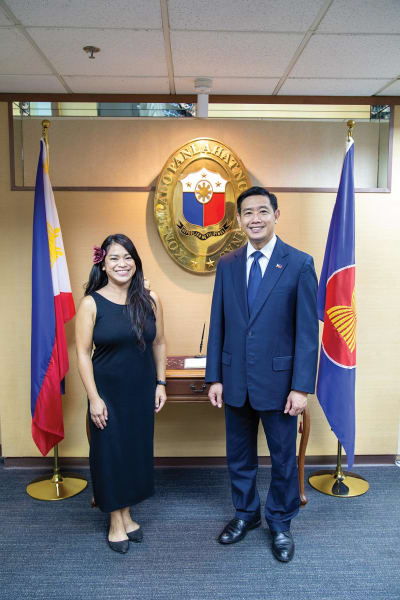

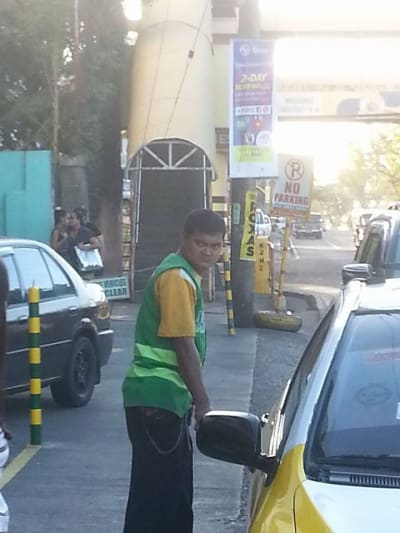
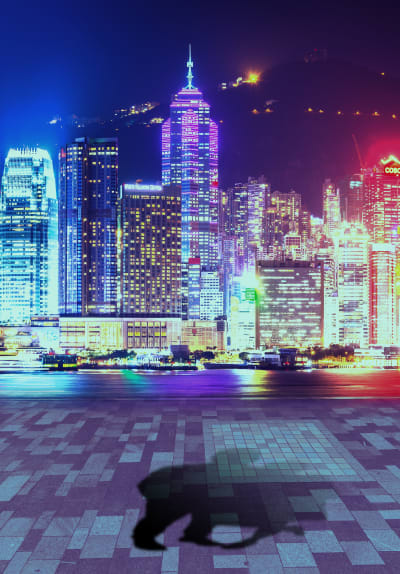

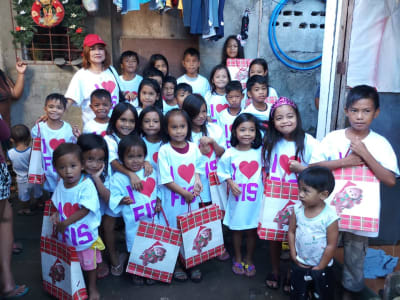
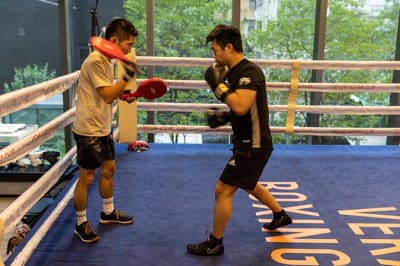



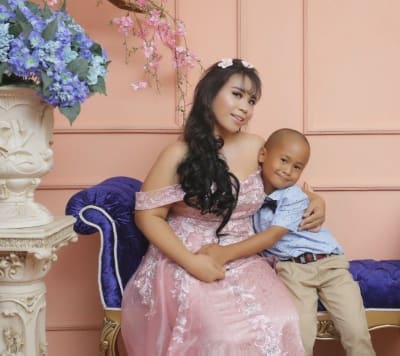



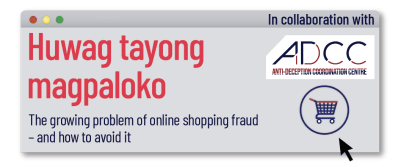
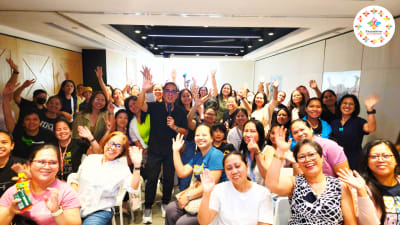
 (1)4b7355993ca6165c683913d00254e725)
6c2435b2dd0927f22b3222b88d21fb70)
